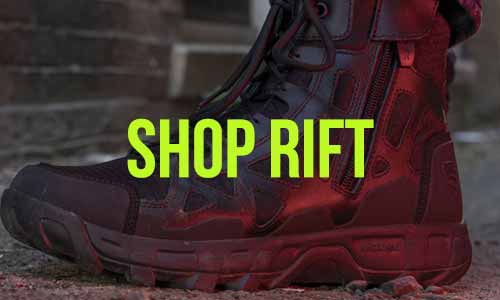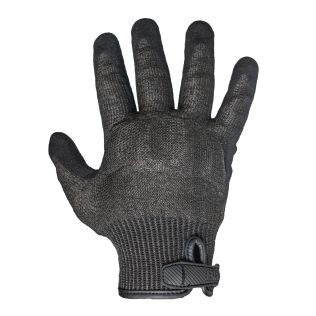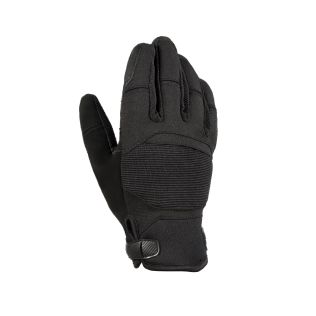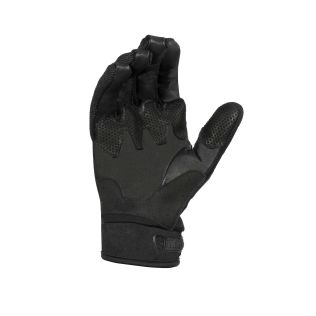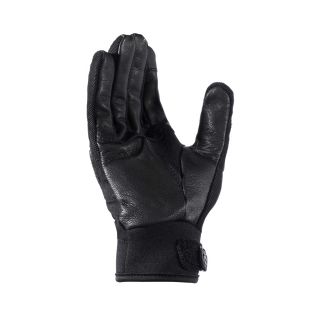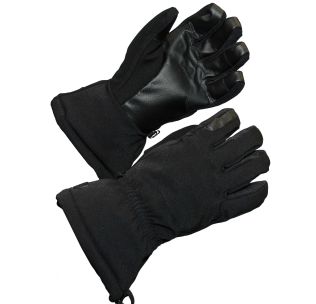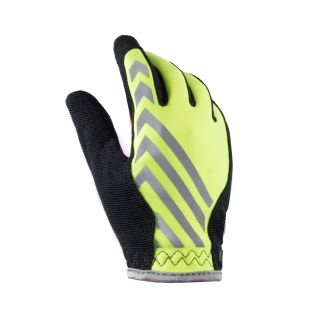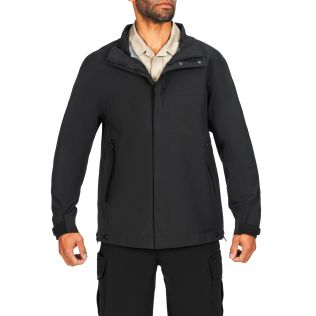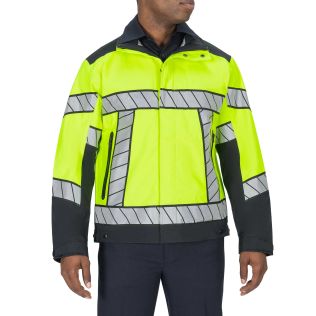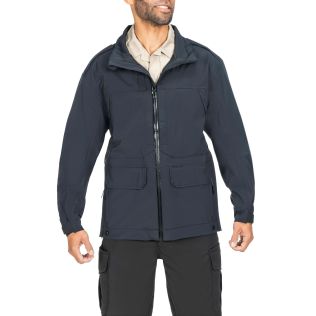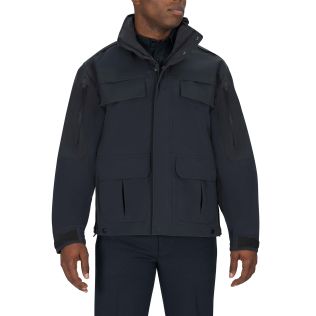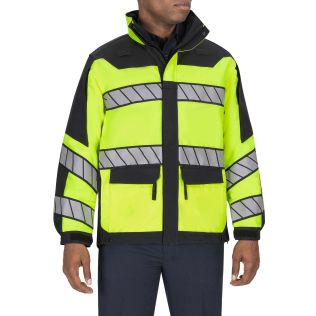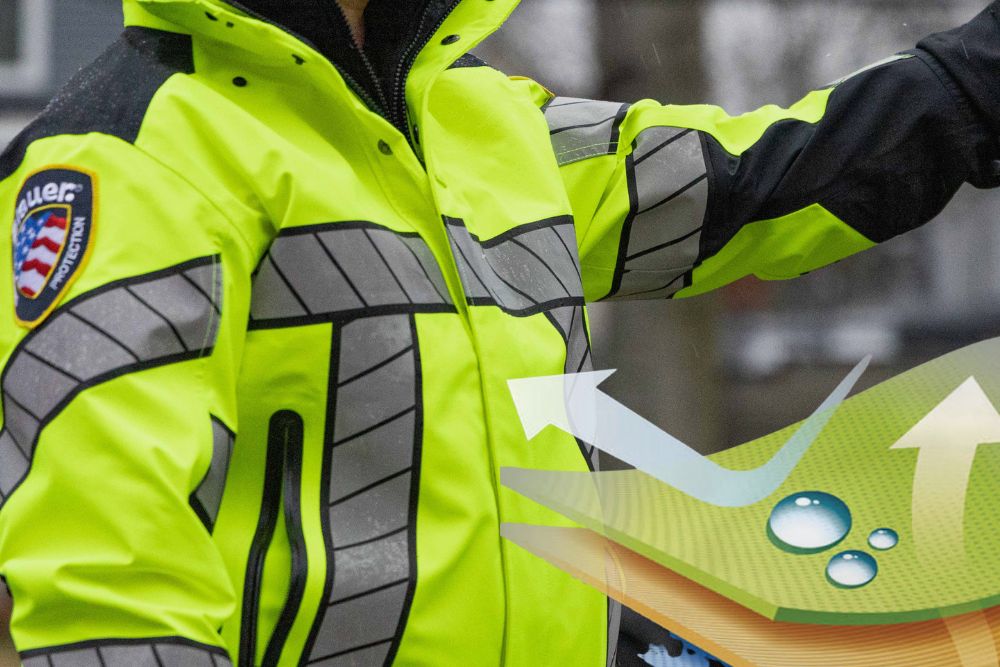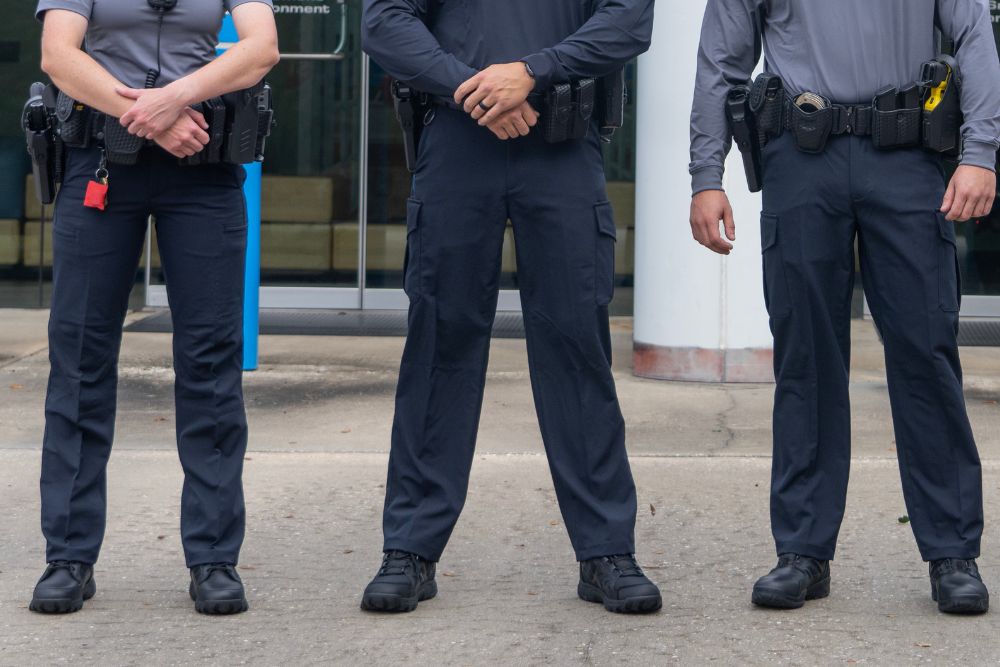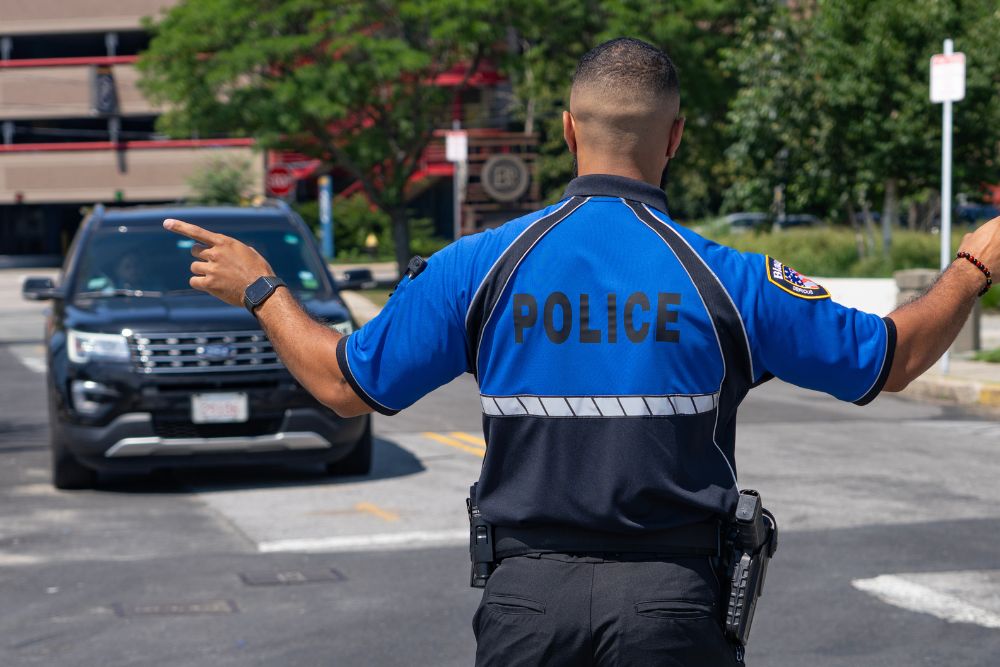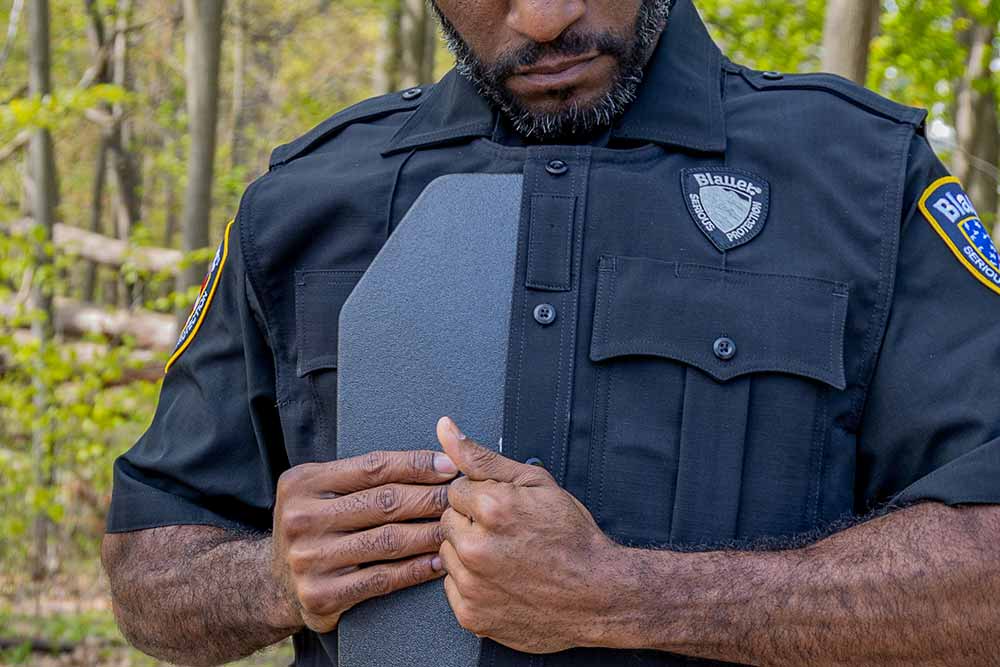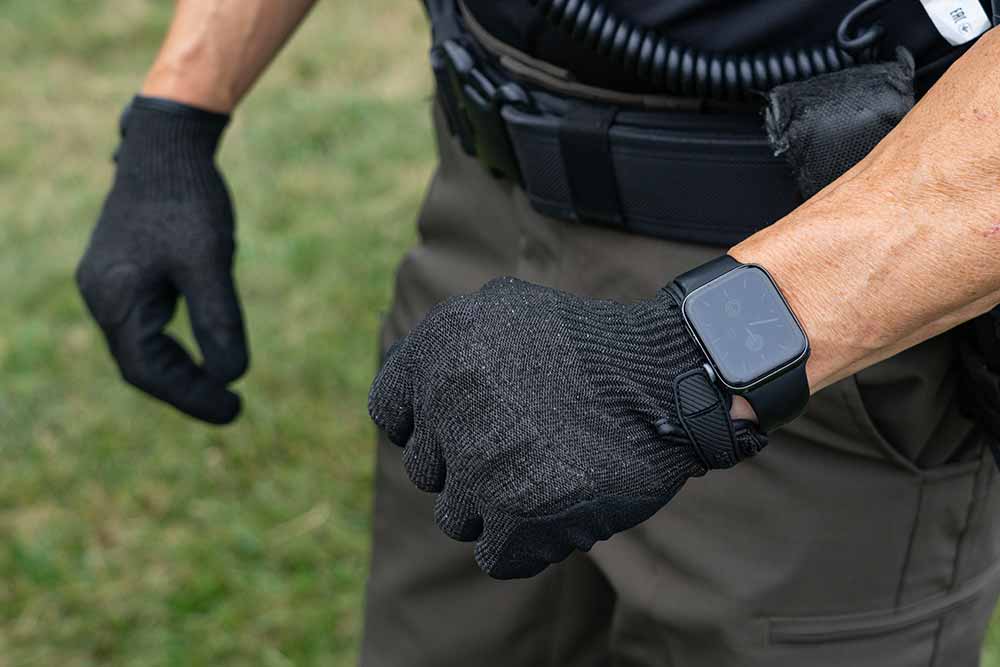

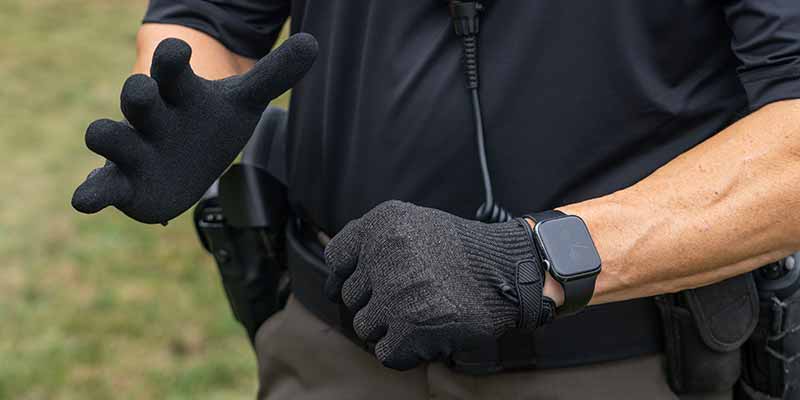
When it comes to police uniform gear, protecting your hands is crucial. Hand and wrist injuries are the second most common injuries among law enforcement officers, right after injuries to the feet, ankles, and knees. Since your hands are vital for nearly every aspect of law enforcement, a serious injury can lead to extended time off the job.


Common Hand and Wrist Injuries for Police Officers
Police officers face a variety of hand and wrist injuries, including:
- Broken fingers
- Cuts and lacerations
- Needle sticks
- Animal and human bites
- Bruised or broken knuckles
- Sprained wrists
- Skinned elbows
Additionally, repetitive motions from driving and training can cause conditions like carpal tunnel syndrome, bursitis, and tendonitis.
How Police Officers Can Prevent Hand Injuries
To minimize the risk of these injuries, officers should include hand and wrist exercises in their regular strength and conditioning training. Strengthening these areas helps prepare them for the sudden stress and activities often encountered on duty. Proper nutrition plays a key role in speeding up recovery after an injury.
But one of the most immediate and effective methods of protection is wearing supportive and protective gloves designed for law enforcement. These gloves should offer protection against cuts, abrasions, and bites while allowing you to perform your duties effectively.
Although many officers prefer the natural feel and grip of their bare hands, using the right tactical gloves can become second nature with practice and high-quality gear. Elite military operators demonstrate daily that they can perform complex tasks with gloves on, proving that hand protection doesn’t have to hinder your effectiveness.


The Evolution of Police Gloves: New Tech
In the past, officers wore tight-fitting, stitched leather gloves, which lacked washability, liquid resistance, and cut protection. However, advancements in tactical gear technology have led to the development of modern police glovesthat offer superior protection and functionality.
Today's gloves are often made using seamless knitting machines, creating stretchable, fitted gloves that follow the natural contours of the hand. These gloves offer a precise fit and flexibility, essential for effective weapon handling and equipment use.

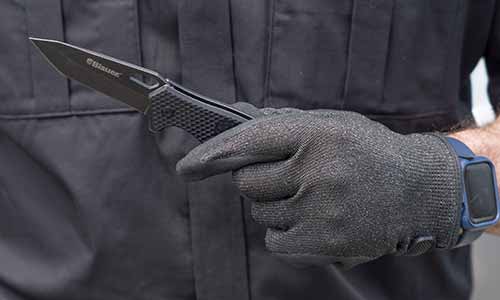
Key Features of Modern Police Gloves
- Durable materials + breathable design: Polymer-coated palms and fingers provide a liquid-resistant and grippy surface, tailored for specific tasks like driving without causing overheating or discomfort.
- Cut Resistant Gloves: Available in models with varying thickness and levels of cut resistance (level 3-5).
- Knuckle Protection Gloves: Some tactical gloves include impact foam on the knuckles, which hardens upon impact to absorb force without compromising dexterity.


Choosing the Right Tactical Gloves for Your Needs
Every choice of glove may offer different pros and cons. Which protective glove you pick should depend on what you value most. For officers concerned about needle sticks, needle resistant gloves are available, however, the tightly woven Kevlar fabrics used in these gloves can be stiff and potentially affect functionality in tactical situations. For officers in colder climates, Winter presents another challenge as most insulated gloves are too thick for police work. When choosing police winter gloves, look for designs that allow for quick removal to access your weapon or other gear and waterproof gloves to keep your hands dry and warm. Easily storing and carrying multiple pairs of protective gloves for every situation may be necessary for those battling a variety of challenges every day.
Top Selling Protective Police Gloves
Top Selling Outer Shell Jackets
